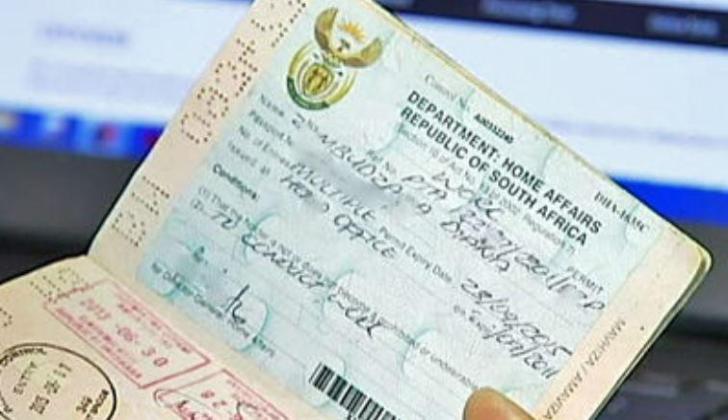News / National
Capitec closes accounts of Zimbabwean Exemption Permits holders
01 Jan 2025 at 10:27hrs |
0 Views

Zimbabwean Exemption Permits (ZEP) holders in South Africa have found their Capitec bank accounts closed, leaving many in a state of uncertainty. The sudden move has sparked concerns within the Zimbabwean community in South Africa, particularly as it comes just after the extension of the validity of the ZEPs.
Ngqabutho Mabhena, the chairperson of the Zimbabwe Community in South Africa, addressed the situation, highlighting the challenges faced by ZEP holders. Mabhena expressed deep concern over the closure of accounts, which he says has impacted many Zimbabweans living in South Africa, many of whom rely on these accounts for day-to-day financial transactions and remittances to their families in Zimbabwe.
On November 28, 2024, just as the ZEP was set to expire, South African Minister Leon Schreiber announced that the validity of the permits would be extended for an additional 12 months, until November 28, 2025. This decision was a last-minute move to provide some relief to the thousands of Zimbabweans living in South Africa under the ZEP status, allowing them more time to adjust their status or make alternative arrangements.
Despite the government's extension of the ZEP validity, the closure of bank accounts has raised questions about the interpretation of the extension and the treatment of Zimbabweans living in South Africa. Many have expressed frustration, citing the abrupt nature of the closures and the lack of communication from the bank or government about the reason behind the move.
Mabhena, in his statement, called on permit holders to take directive 15 of 2024 to their branches so that they can get assisted.
There is a Constitutional Court judgement.
Directive 15 extends the validity of the exemption permits.
The closures of the bank accounts have added to the already tense situation surrounding the ZEP program. The Zimbabwean community in South Africa continues to await further developments and hopes for resolution as the expiration of the ZEP remains a contentious issue for many.
As the validity of the permits extends into 2025, ZEP holders are left navigating a complicated and uncertain landscape, balancing the legalities of their status with the practical realities of living and working in South Africa.
Ngqabutho Mabhena, the chairperson of the Zimbabwe Community in South Africa, addressed the situation, highlighting the challenges faced by ZEP holders. Mabhena expressed deep concern over the closure of accounts, which he says has impacted many Zimbabweans living in South Africa, many of whom rely on these accounts for day-to-day financial transactions and remittances to their families in Zimbabwe.
On November 28, 2024, just as the ZEP was set to expire, South African Minister Leon Schreiber announced that the validity of the permits would be extended for an additional 12 months, until November 28, 2025. This decision was a last-minute move to provide some relief to the thousands of Zimbabweans living in South Africa under the ZEP status, allowing them more time to adjust their status or make alternative arrangements.
Despite the government's extension of the ZEP validity, the closure of bank accounts has raised questions about the interpretation of the extension and the treatment of Zimbabweans living in South Africa. Many have expressed frustration, citing the abrupt nature of the closures and the lack of communication from the bank or government about the reason behind the move.
There is a Constitutional Court judgement.
Directive 15 extends the validity of the exemption permits.
The closures of the bank accounts have added to the already tense situation surrounding the ZEP program. The Zimbabwean community in South Africa continues to await further developments and hopes for resolution as the expiration of the ZEP remains a contentious issue for many.
As the validity of the permits extends into 2025, ZEP holders are left navigating a complicated and uncertain landscape, balancing the legalities of their status with the practical realities of living and working in South Africa.
Source - online
Join the discussion
Loading comments…
































